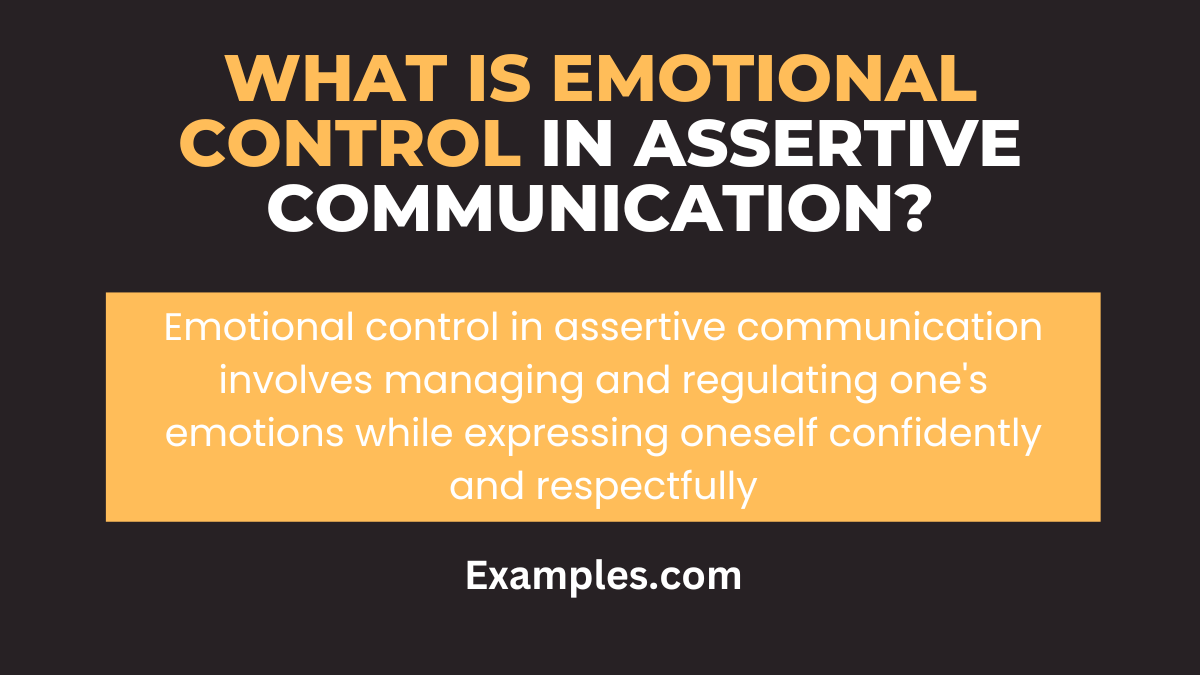Balancing the Emotions and Intellect: Ways to Restore Emotional Stability

In this fast-paced and frequently confusing world, being able to maintain emotional control can significantly change the game in both private and professional domains. Emotions, while a normal part of being human, can sometimes cloud our thoughts and actions, leading to rash decisions and errors in judgment. Re-establishing emotional control is vital not only for developing healthy relationships but also for attaining success in various aspects of life.
Comprehending the principles behind emotional regulation opens the gateway to practical strategies that can enhance our emotional resilience. Whether it’s staying calm under stress, managing anger in helpful ways, or developing awareness practices, these tools help us navigate difficult situations with elegance and serenity. As we investigate tested methods to improve emotional control, we'll examine techniques that cultivate self-awareness, promote healthy communication, and ultimately lead to a more harmonious life where both heart and reason function in harmony.
Proven Methods for Emotional Regulation
One effective strategy for improving emotional regulation is enhancing self-awareness. By acknowledging your emotional stimuli, you become more prepared to control your responses. Keeping a diary can help you document your emotions, spotting recurrent themes and situations that lead to strong feelings. https://energetic-camellia-q5szhd.mystrikingly.com/blog/navigating-the-trials-of-challenges-and-triumphs-strategies-for-mastering fosters a deeper comprehension of yourself, permitting you to navigate difficult situations more efficiently.

Mindful awareness strategies are another valuable tool for emotional control. Practices such as guided imagery, deep breathing exercises, and mind-body exercises can foster a calm state of mind. By incorporating stoic mindset training into your regular life, you enhance your skill to remain mindful and attentive, which can substantially lower stress and enable you to respond thoughtfully rather than react impulsively.
Building constructive coping strategies is crucial for addressing emotions well. This includes learning how to deal with frustration, discontent, or sadness in healthy ways. Instead of bottling up feelings, attempt to express them appropriately through talks or hobbies. In also, engaging in exercise and ensuring a nutritious diet and proper sleep can also contribute to your mental resilience and well-being.
The Science of Emotional Regulation
Affective regulation refers to the processes by which individuals influence their feelings, how they perceive them, and how they express them. This involves a variety of intellectual and conduct strategies that help preserve emotional balance. Understanding the brain underpinnings of affective regulation reveals how our neurosystem process emotional stimuli and how neurotransmitters like 5-HT and dopamine play a crucial role in affective state stabilization. Brain regions such as the prefrontal cortex and the amygdala are particularly important, as the PFC helps to modulate emotional responses, while the emotion center is central to the phenomenon of emotions, especially fear and delight.
Research has shown that individuals with effective affective regulation skills tend to exhibit better overall mental health and resilience in the face of tension. They apply effective strategies to cope with difficult situations, which can prevent harmful emotions from escalating into more serious conditions like fear or depression. This ability to control emotions effectively contributes to enhanced judgment and improved connections, as it allows persons to respond thoughtfully rather than react impulsively. Additionally, emotional regulation is linked to drive, helping people pursue their goals despite challenges.
Additionally, the research behind emotional regulation highlights the significance of self-perception in this process. Recognizing one's affective stimuli is the first step toward regulating them effectively. Interventions that enhance self-perception, such as awareness exercises, have been shown to improve affective control. By becoming more conscious of their affective states, individuals can utilize techniques to balance their feelings, leading to a greater state of well-being. As studies continues to examine this area, it becomes increasingly clear that affective regulation is not just a ability but a vital component of psychological health and social effectiveness.
Effective Strategies for Staying Composure
One proven way to ensure calmness is through deliberate breathing exercises. Controlled breathing helps to initiate the body's relaxation response, making it simpler to manage stress and anxiety. You can try the 4-7-8 technique: inhale deeply for four seconds, hold your breath for seven seconds, and then exhale gently for 8 seconds. This easy practice can help ground you and reduce tension in moments of intense emotion.
Mindfulness techniques can also be helpful in staying calm during stressful situations. Engaging in mindfulness meditation allows you to observe your thoughts and feelings without judgment, promoting a sense of inner peace. By training your mind to concentrate on the present moment, you develop greater emotional control, enabling you to respond thoughtfully rather than react impulsively when faced with stress.
In conclusion, building self-awareness is important for soothing yourself. Take time to think on your emotional triggers and how they influence your reactions. Journaling can be a powerful tool in this journey, helping you discover patterns in your emotions and responses. By comprehending what triggers your stress or anger, you can create approaches to address these triggers, leading to improved emotional regulation and a calmer demeanor.
